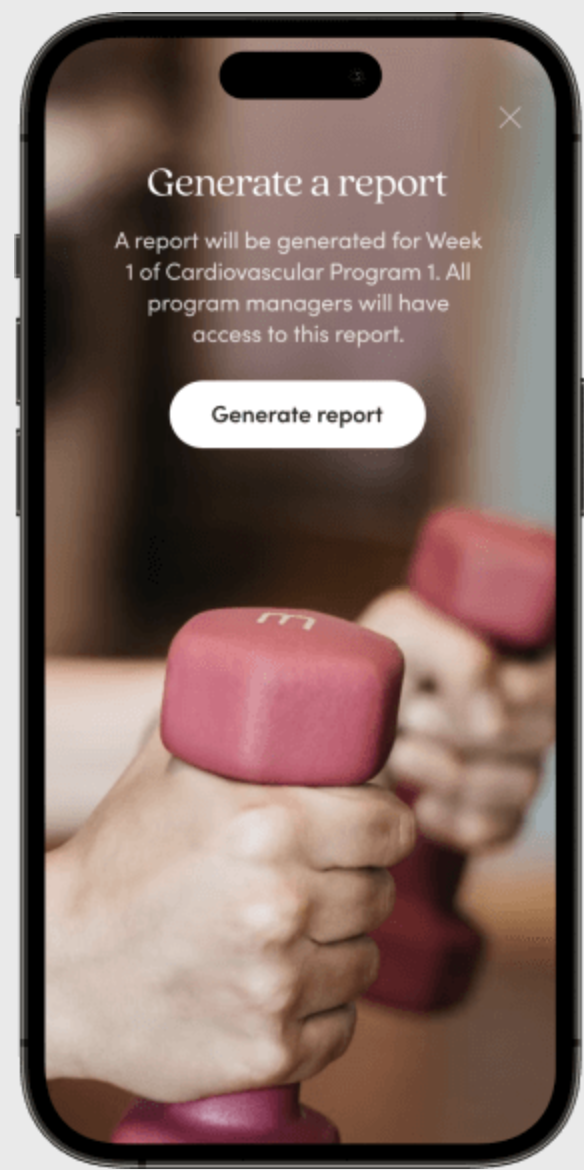If someone you care about is diagnosed with breast cancer, their life will shift focus on medical care and treatment. In the struggle to juggle work, family life and illness, staying physically active may get forgotten.
Some breast cancer treatments have toxic effects on the heart, so it is critical that survivors become physically active to reduce their risk of cardiovascular disease. Before treatment begins ‘prehab’ high intensity exercise before surgery can help improve cardiorespiratory fitness, and reduce the chance of postoperative complications by 56%.
Seven European countries will begin a 5-year-study of behavioural and psychological interventions to reduce the heart damage from anti-cancer therapies, after treatment. Whilst research is critical to identify at risk groups, we already know that being physically active can reduce physical, emotional, and social-related challenges for breast cancer survivors. Canadian research shows that it is important to supporting breast cancer survivors to be active.
So how do you help?
- No matter how weird it feels, support your newly diagnosed friend to work out and challenge themselves.
- During treatment when infection risk means limiting visitors, or avoiding group sports and gyms, why not call for a chat and encourage your friend to walk outside if they can, or share an online exercise class.
- Once treatment is over, making time to exercise or play sport together can really benefit your friend’s recovery.
“Breast cancer treatment is more than the medical phase,” said SportHealthTech CEO Bastien Wallace.
“Recovery requires an active body at every stage, and support from friends and family makes a big difference,” said Bastien.
Community sport-based interventions like Dragons Abreast can play a part in supporting breast cancer survivors to sustain long term activity, and healthier lives.

